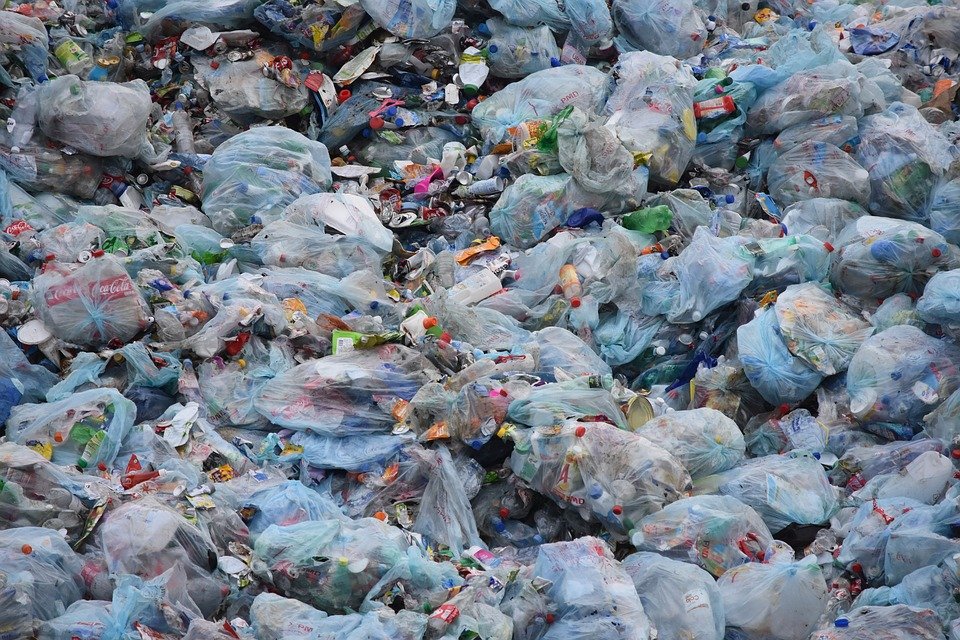Written by Sophie Steel
Throughout the past few years, ‘plastic-free’ lifestyles have become increasingly popular all over the world. In an effort to minimize waste and pollution, a plastic-free lifestyle consists of a person eliminating all aspects of single use plastic, such as clingfilm, plastic bottles and processed food wrapped in single use materials. Yet, some countries such as Italy, China, Australia, Argentina and New Zealand have either partially or completely banned the use of single-use plastic bags. But is this approach to eliminate waste effective? Or is it having an even larger toll on the environment than before? There happen to be a mix of views, but first, it is important to understand what the ban is exactly.
What is the plastic bag ban and why is it in place?
The plastic bag ban is a law in place in certain countries, states and territories that forbids shops, including supermarkets and retail stores, to provide or sell single use plastic bags. In countries like New Zealand, there is a complete plastic ban, meaning there is no tolerance for the selling of single use plastic bags. However, in some countries like Denmark, there isn’t a ban in place, although there is an additional tax on purchasing single use plastic bags. This evidently lowers the number of people utilizing plastic bags. Both of these techniques and bans are effective as they remove a large number of unwanted plastics from the earth, achieving the goal of waste reduction.

When the New Zealand government released a statement stating that plastic bags would be banned in New Zealand, many organisations, such as Greenpeace were beyond ecstatic. “This could be a major leap forward in turning the tide on ocean plastic pollution and an important first step in protecting marine life such as sea turtles and whales, from the growing plastic waste epidemic,” says Emily Hunter, Oceans Campaigner at Greenpeace.
The campaign to ban plastic bags in New Zealand was mostly grassroots driven, as shown through an article released by stuff.co.nz in 2019. Labour MP Deborah Russell discusses her experience with the campaign. “The ban was driven by public and consumer pressure and was supported by grassroots initiatives like one in my area called “Love Titirangi”, which motivated locals to start producing and using cloth bags that could be recycled via a bin at the supermarket door….Whether inspired by the thought of protecting endangered sea turtles, or the simple realisation that we simply can’t go on polluting our earth, plenty of us were ready to make the change, and the government responded.”

And hence, the New Zealand government, under the supervision of Prime Minister Jacinda Ardern, initiated a change in order to stop the extensive pollution occurring throughout New Zealand – they banned the bag.
The Positive Effects of the Ban
The plastic bag ban evidently has many positive effects, with the clearest one being the ban significantly reduces the amount of plastic sold, used and wasted throughout the world. When Denmark enforced an additional tax on purchasing plastic bags in 1992, the number of bags used in a year halved, from 800 million to 400 million, in one year. Although that is still a lot of plastic, it demonstrates a significant reduction in the plastic produced.

Additionally, in places such as New Zealand and Australian states such as Western Australia and South Australia where a complete ban is in effect, the number of plastic bags has reduced to almost zero.
Upon surveying a group of young adults from Australia, it became evident that the majority (89.3%) were not fazed by the ban of plastic bags. The remainder wished they still had access to plastic bags because they find it more convenient, and they found adjusting to using reusable bags more difficult.

Some retailers, such as Cotton On, have taken this opportunity to provide reusable bags for a small fee, with the funds from the purchases of these bags being donated to a charity to help others in need. The Cotton On Foundation “Empowers youth through equality” as they have raised over $100,000,000 and have produced 9,100 education places for young people throughout Africa. Not only this, but they have supported Indigenous Australians throughout Australia and produced awareness around modern-day issues, all through the sale of these reusable bags. A lot of other stores follow this model, with most stores charging around 20 cents for a paper bag.
The Negative Effects of the Ban
With every good, there is a bad – even with a ban that has many positive intentions, to save the earth and future generations from immense amounts of pollution. There is a minority that often criticize the plastic bag ban, and with good reason.
First of all, as previously mentioned, many companies have shifted to using and producing plastic bags. However, in an article released by the BBC, it is revealed that paper bags require 400% more energy than plastic bags, and the manufacturing of these bags results in more toxic chemicals and gases released into the air, which contradicts the idea of ‘saving the planet’, as this production line pollutes the planet just as much. In addition, paper bags require cutting down more trees, and the effects of deforestation is detrimental to wildlife and flora/fauna throughout the world, allowing many species to become less populated by the day.

In an article released by The Conversation, it is made clear that although banning plastic bags is a way to reduce earthly pollution, it does not eliminate it. For example, in Japan, it is noted that plastic bags are only accountable for 2% of the plastic waste in their country. Many people are oblivious to this fact and believe that by removing all plastic bags, pollution and waste dramatically decreases – and although it does decrease, it is not as significant as people believe.
So, is the ban effective?
Overall, the ban is effective in reducing the pollution and waste in many countries, states and regions of the world. If more countries, such as the UK were to adopt the ban, the amount of worldwide plastic produced could significantly decrease. It provides companies and retailers to become more sustainable while also helping others and the environment.
However, the ban does have negative effects, for example more countries producing a surplus of paper bags and using practices such as deforestation to do so. Evidently, many environmentalists and advocates believe that banning single use plastic water bottles would be more beneficial to the government – but is this realistic?


I found your article really interesting, well written and about something everyone should care.
https://elisamassetti30.wixsite.com/emblog
LikeLiked by 2 people